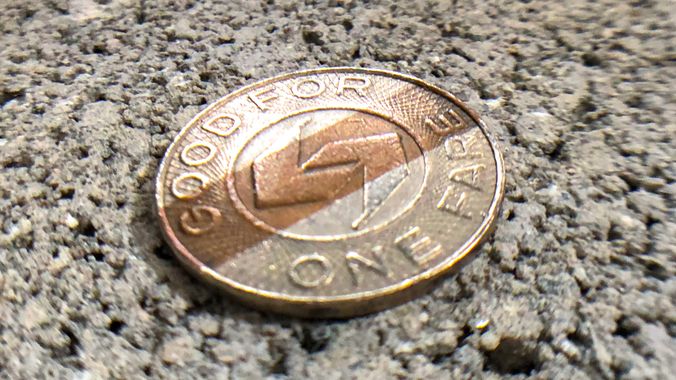The Hub 4/12/19: Clean Air Council’s Weekly Round-Up of Transportation News

“The Hub” is a weekly round-up of transportation-related news in the Philadelphia area and beyond. Check back weekly to keep up to date on the issues Clean Air Council’s transportation staff finds important.
Metro Philly: Congestion pricing may come to Philly streets – Philadelphia officials are looking to New York City to see how congestion pricing impacts a US city. Philadelphia’s congestion problem has been steadily worsening as the city experiences an economic boom focused around Center City. Philadelphia is the poorest big city in the United States, so officials need to make sure our streets serve everyone, regardless of economic position.
Billy Penn: 130 nonprofits still use SEPTA tokens as final deadline draws near – SEPTA responded to concerns over token sales to nonprofits ending this month. Tokens will be replaced with the new Partner Program. Many are concerned that the partner program will end up costing these non-profits more. SEPTA promises to ensure that the at-risk residents that are served by these organizations are still able to access these services by transit.
City Lab: When Weird Things Get You a Free Ride – Transit agencies around the world run creative promos that allow people to ride for free for some strange things. In The Netherlands, in the culmination of National Book Week, having a specific book (which is distributed widely) gets you passage anywhere in the country free of charge. In Moscow, for a period, you could pay for the metro with 30 squats.
Smart Cities Dive: Cambridge, MA passes ordinance mandating protected bike lanes – How do you build a city-wide network of protected bike lanes? In Cambridge, city officials are implementing their bike lane plan by requiring all new road construction to include a protected bike lane.
Strong Towns: Why One City Stopped Asking “How Are We Going to Move Cars Across Town”? – Planners in Tauranga, New Zealand have stopped working to move more cars and are instead, focusing on how to move more people. The city is the fastest growing in New Zealand, and it is built on a group of ecologically important peninsulas and waterways, which has always made transportation around town challenging. Mass transit and people powered transportation take up far less space than single occupancy vehicles, and will be an integral part of the plan.
Image Source: Billy Penn

